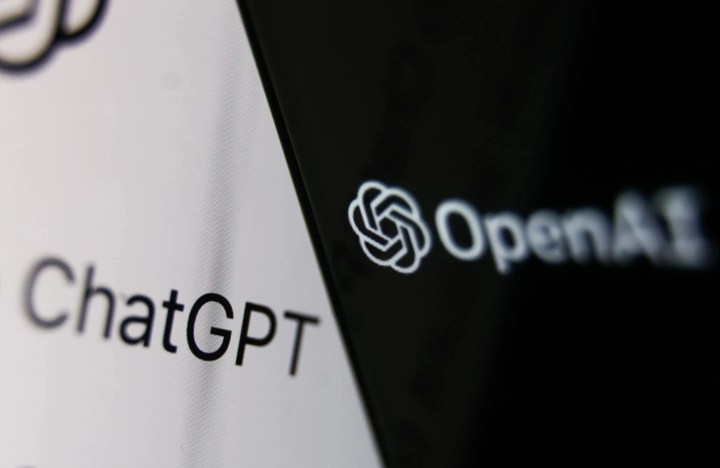After OpenAI introduced its latest GPT-4 language model in March, the company’s CEO and co-founder, Sam Altman has confirmed that there are currently no plans to train a new GPT-5 version in the immediate future.
Prior reports have suggested that the development of GPT-5 is already underway. However, Altman recently spoke at an event at MIT and addressed the open letter and petition that has been circulated among the tech community calling for OpenAI to halt the progress of language models beyond GPT-4. The letter, which has been published on the Future of Life Institute website has been supported by several technology leaders, including Elon Musk, Steve Wozniak, and Andrew Yang, among others.

The letter details concerns about the safety of AI systems as they advance and asks that the training of future versions be paused by at least six months. In response, at the MIT event, Altman said, the letter lacked “most technical nuance about where we need the pause.”
The executive also noted that the letter had been updated to remove claims that OpenAI was already training GPT-5. “We are not and won’t for some time. So in that sense, it was sort of silly,” he added.
It should be noted that GPT-4.5, which is supposed to built off the current model, is officially scheduled to be due out later this year.
The Verge noted that the letter itself has been criticized within the tech industry, even by many who have signed it, with experts not being clear on the exact issues that further development of GPT language models might cause. They are also unsure of how AI labs might go about “pausing” the development of future systems and what benefit that might bring.
The publication also noted that there is a common fallacy that greater version numbers equate to a greater and more powerful product. With the meteoric interest in ChatGPT and associated products between November 2022 and now, it might be easy to think that AI updates could take on a similar launch cycle to popular smartphones and mobile software rollouts. However, the prior GPT-3 language model was released in 2020 with GPT-3.5 as an incremental update in late 2022 before GPT-4 as its next major launch.
With GPT-4 being new by a matter of weeks, there is still a lot that OpenAI can do with the language model under its current branding.
“We are doing other things on top of GPT-4 that I think have all sorts of safety issues that are important to address and were totally left out of the letter,” Altman said.
Editors' Recommendations
- ChatGPT shortly devolved into an AI mess
- The best custom GPTs to make ChatGPT even more powerful
- Google Gemini vs. GPT-4: Which is the best AI?
- Here’s why people are claiming GPT-4 just got way better
- What is Grok? Elon Musk’s controversial ChatGPT competitor explained




